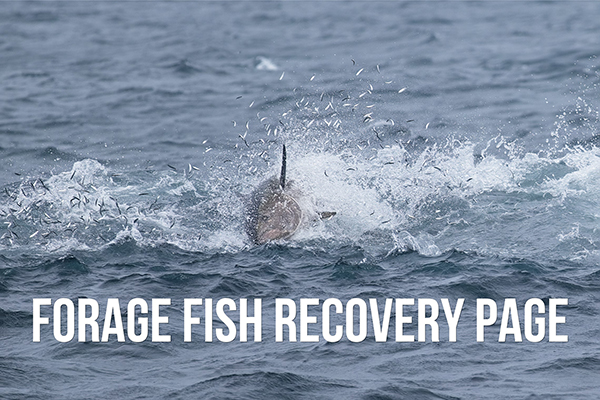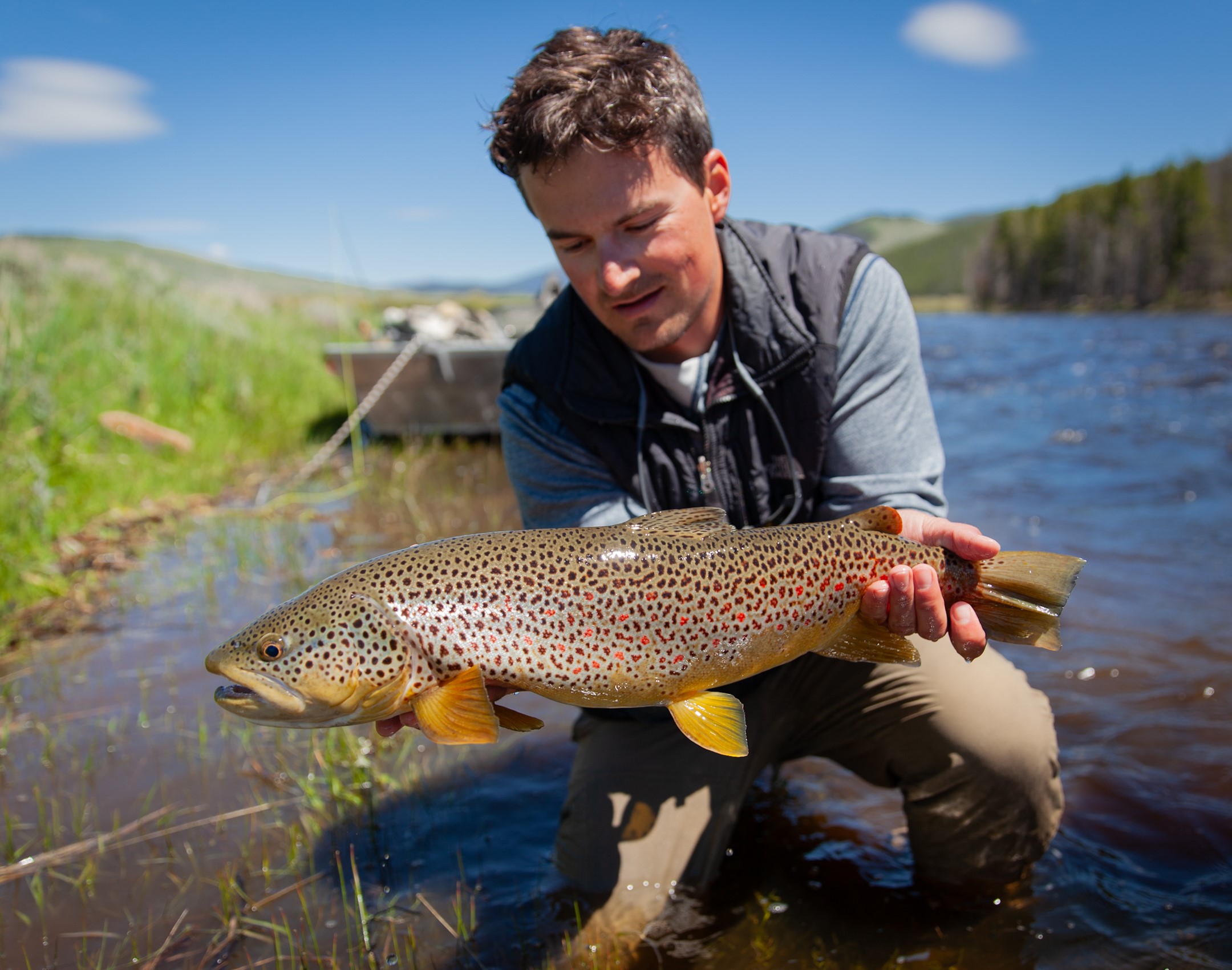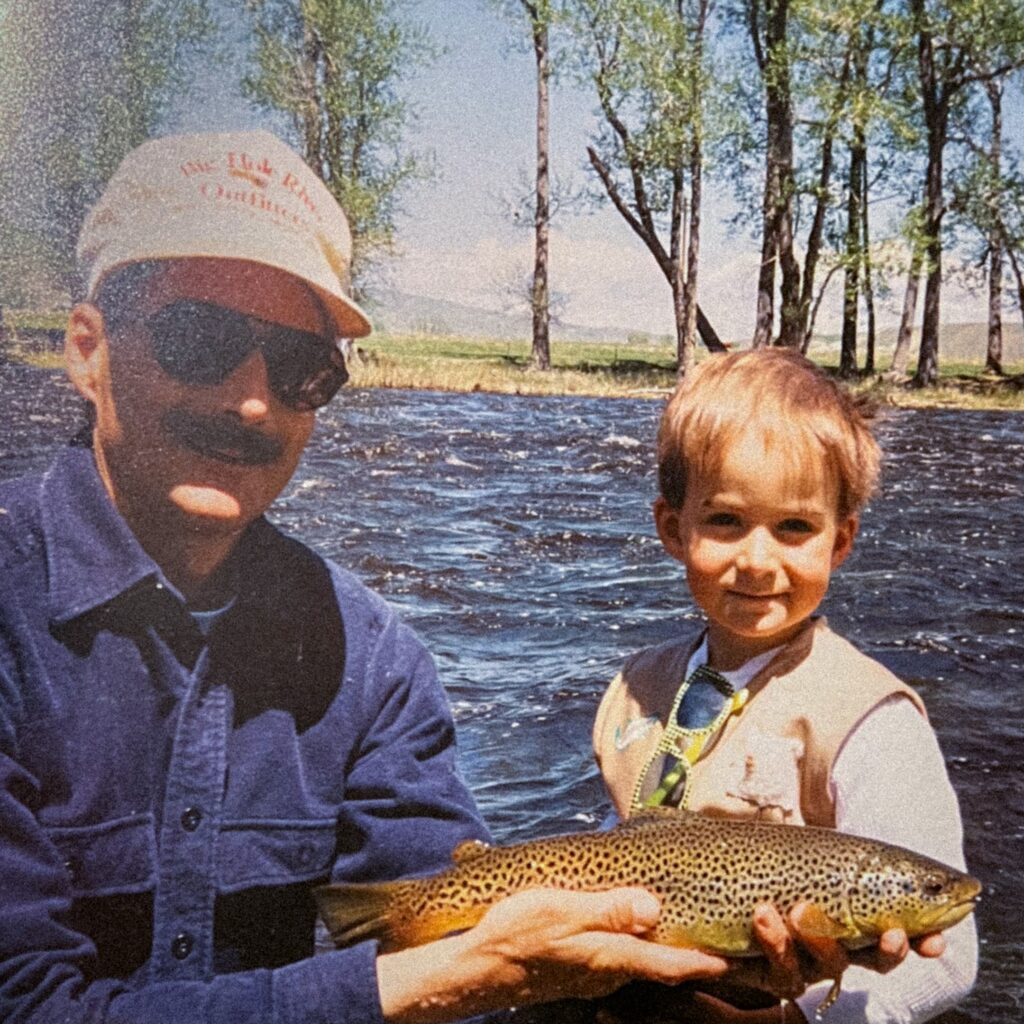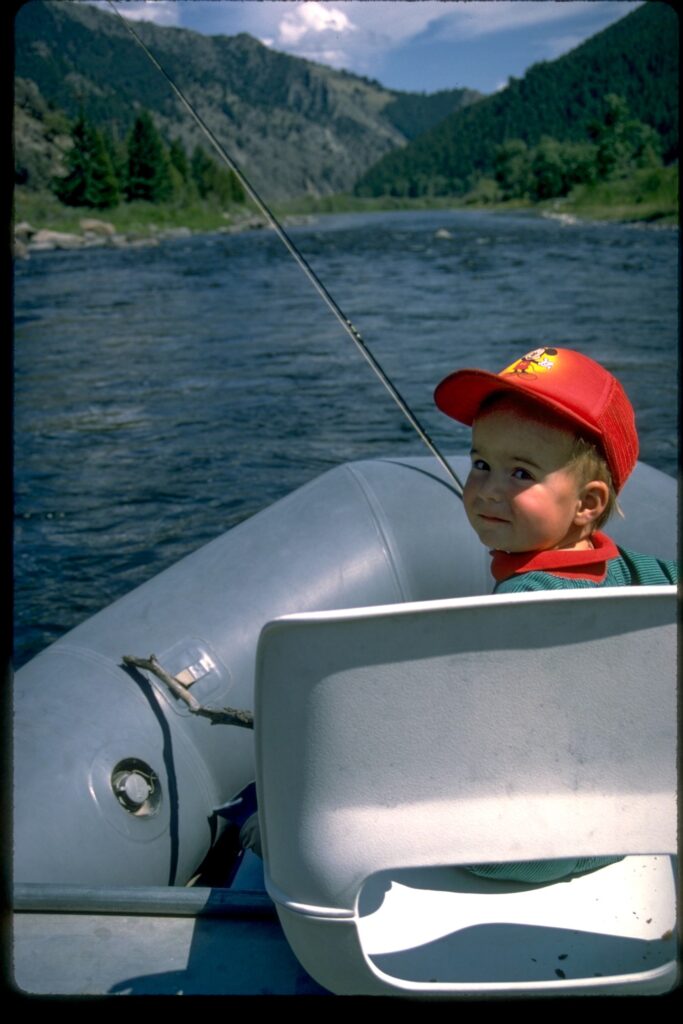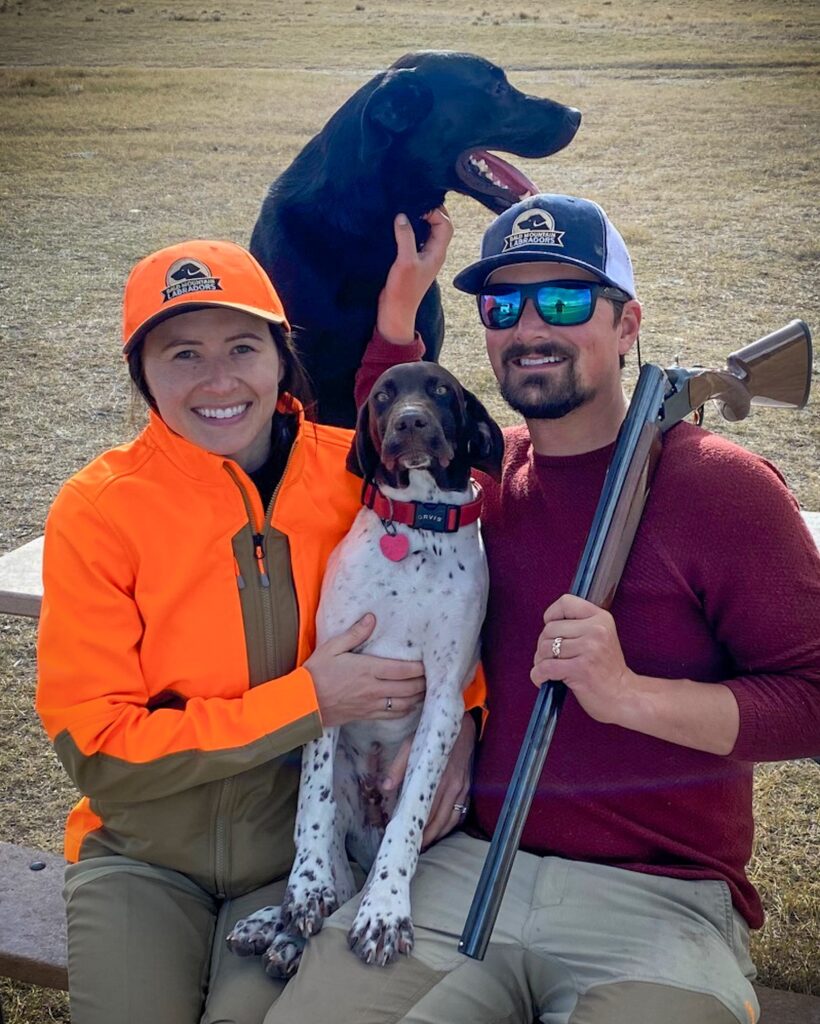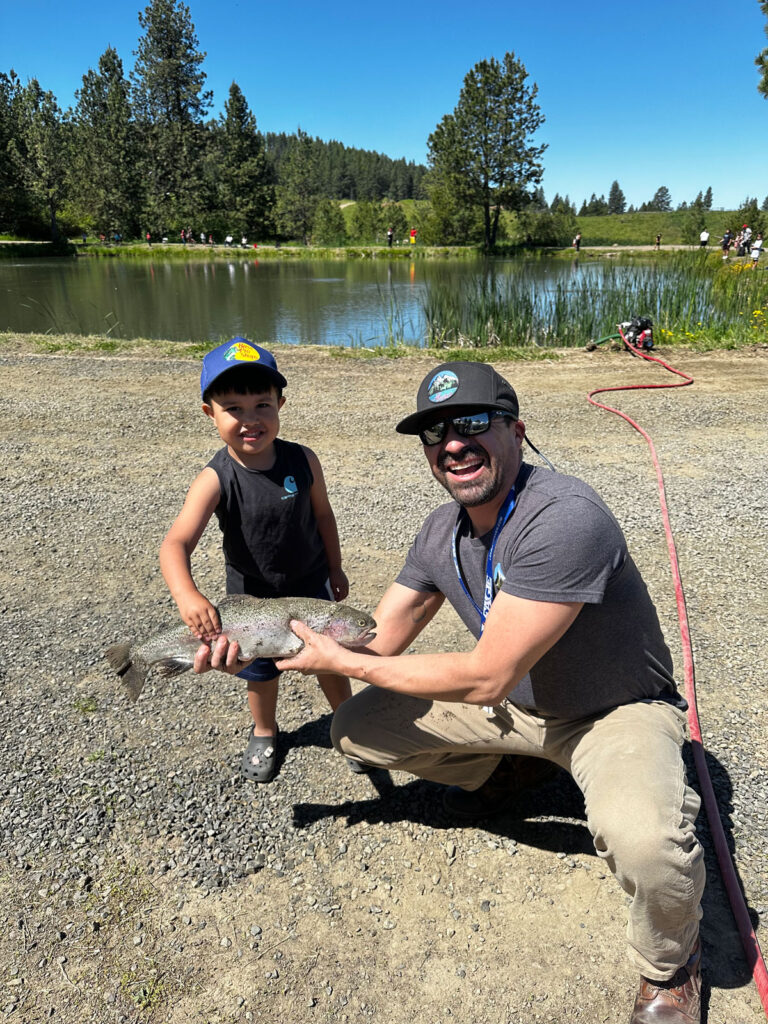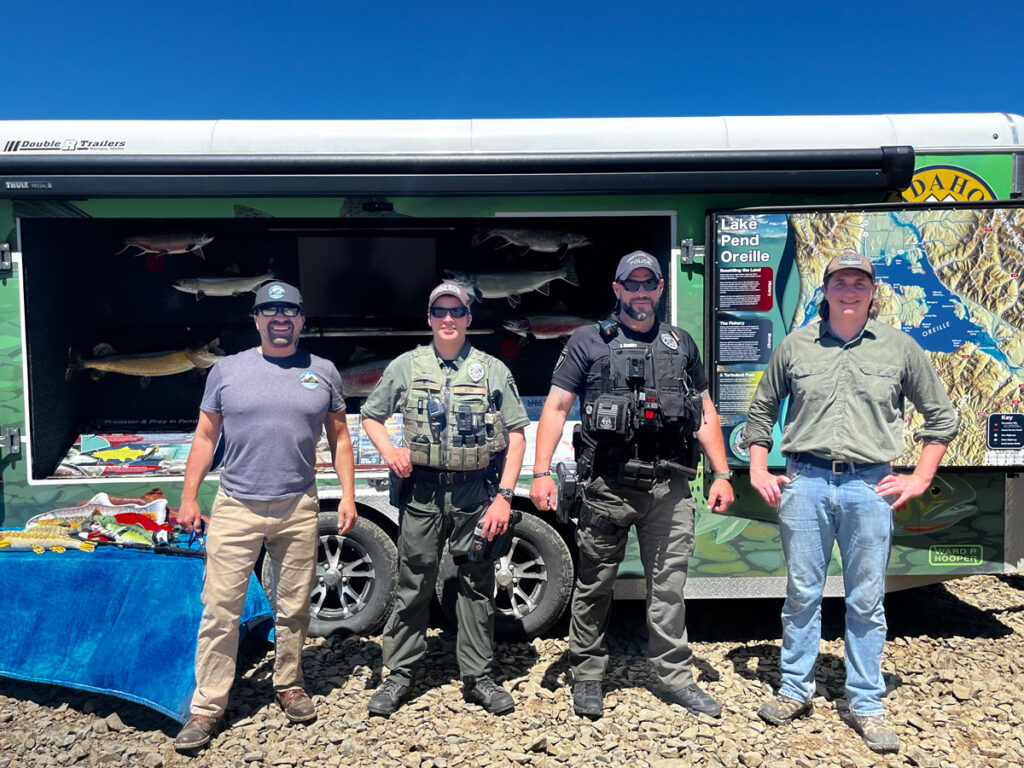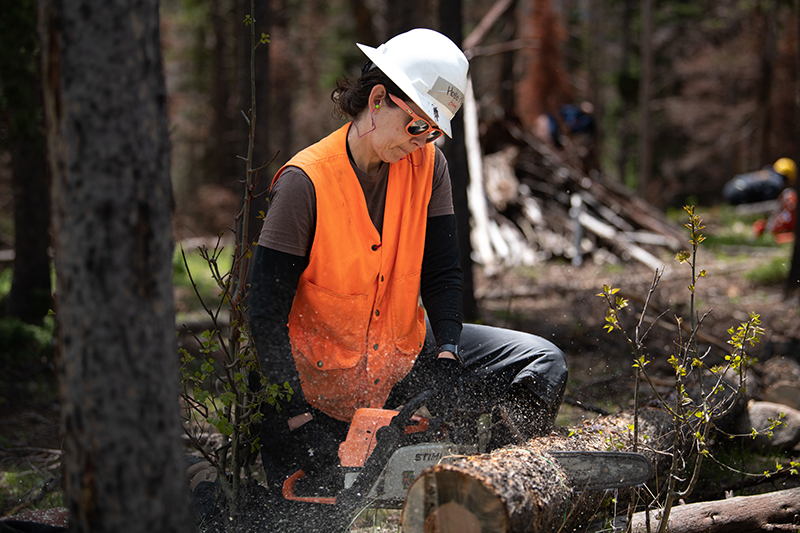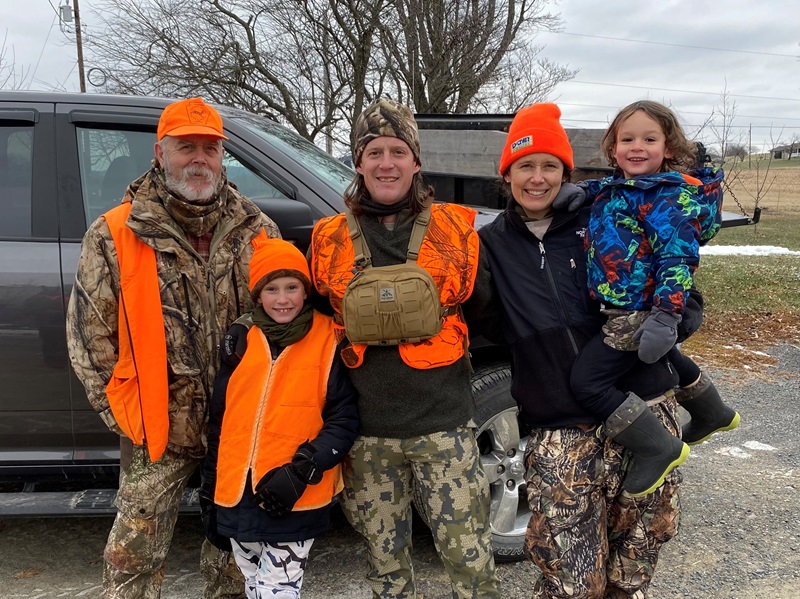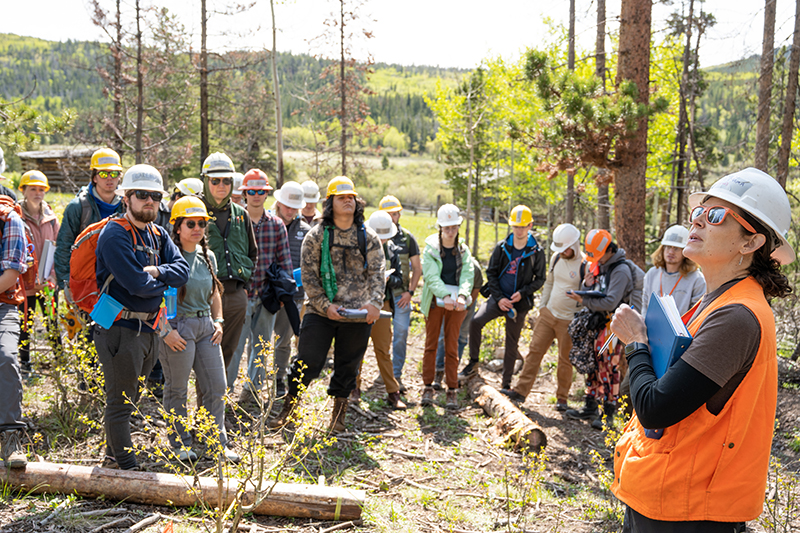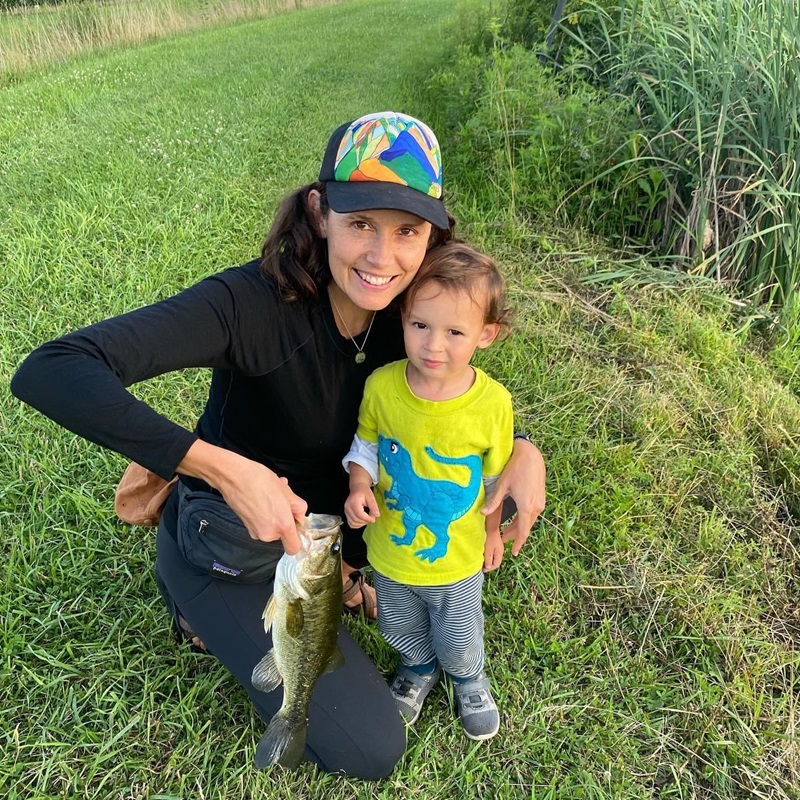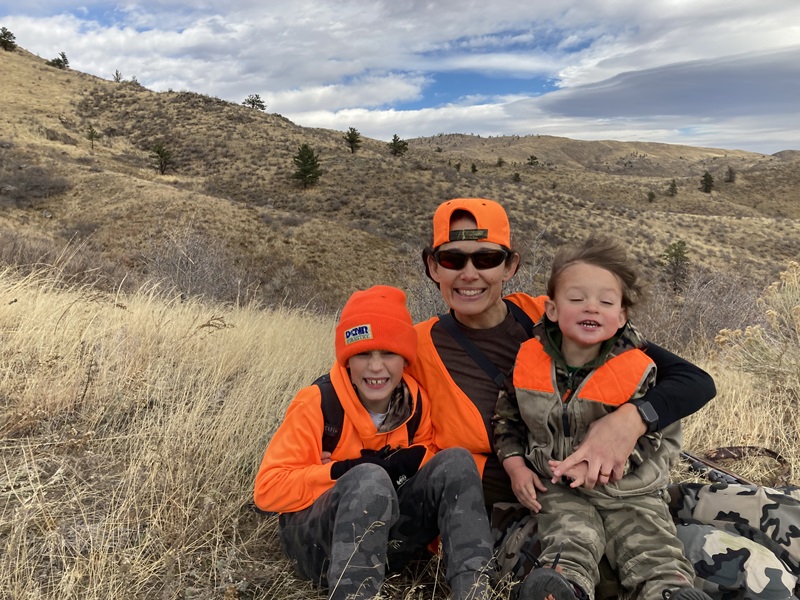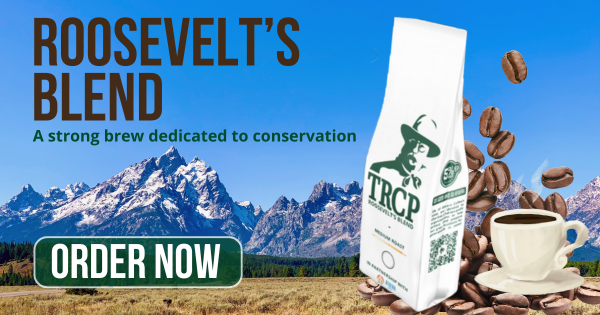TRCP’s “In the Arena” series highlights the individual voices of hunters and anglers who, as Theodore Roosevelt so famously said, strive valiantly in the worthy cause of conservation.
Tyler Nonn
Hometown: Cape Charles, Virginia
Occupation: Fishing guide and owner/operator of Tidewater Charters
Conservation credentials: Nonn can be counted on to be vocal about menhaden conservation at meetings of the Virginia Marine Resources Commission, in TRCP-led advocacy pushes, and other Chesapeake Bay conservation issues.
Capt. Tyler Nonn runs Tidewater Charters, a fly fishing and light tackle angling operation in the Chesapeake Bay that gets clients onto striped bass, redfish, speckled trout, and cobia. He offers a critical captain’s perspective on the importance of healthy menhaden populations when decision-makers are considering policy decisions. Nonn, a Simms ambassador who winters in the Florida Keys to target sportfish dependent on a healthy Everglades ecosystem, has been featured in The Venturing Angler and Flylords Mag.
Here is his story.
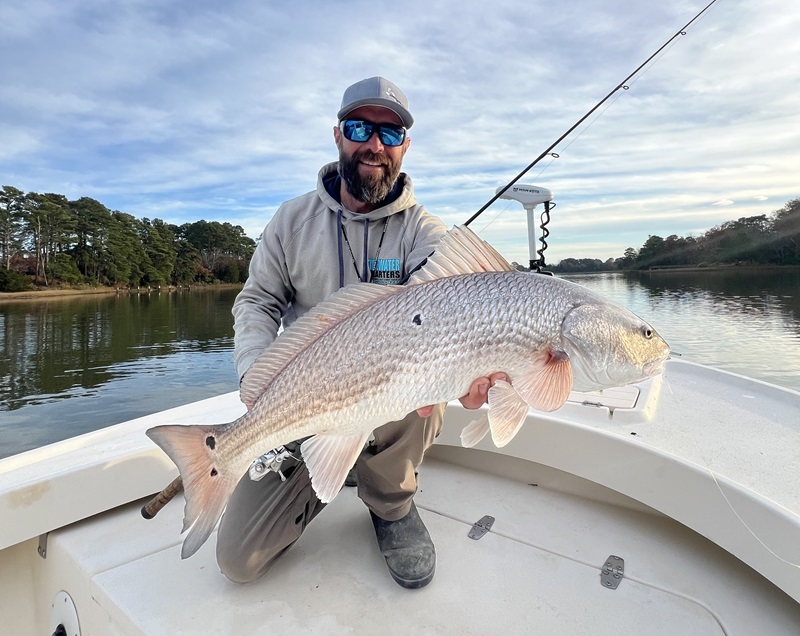
Growing up as a kid in the Upper Chesapeake Bay, I had two avenues to fish all the time. My family’s farm had a small pond on it and just as I was getting old enough to really appreciate good fishing, the moratorium on striped bass was first lifted. Upper Bay seasons were created that allowed me and many other anglers to enjoy the eruption of giant fish on the shallow flats and rivers creating some of the best fishing you could ask for. So between ponds, phenomenal Bay fishing, and crabbing with my father and friends the outdoors consumed me and all my time.
“I still come back to the Chesapeake… because chasing the inshore species that call this place home is my passion.”
Probably my most memorable outdoor experience was working in Alaska through the summers of my early 20s. Coming from the East Coast, it was very different and exciting to learn completely new techniques and to apply them to a fishery far from anything I had ever experienced.
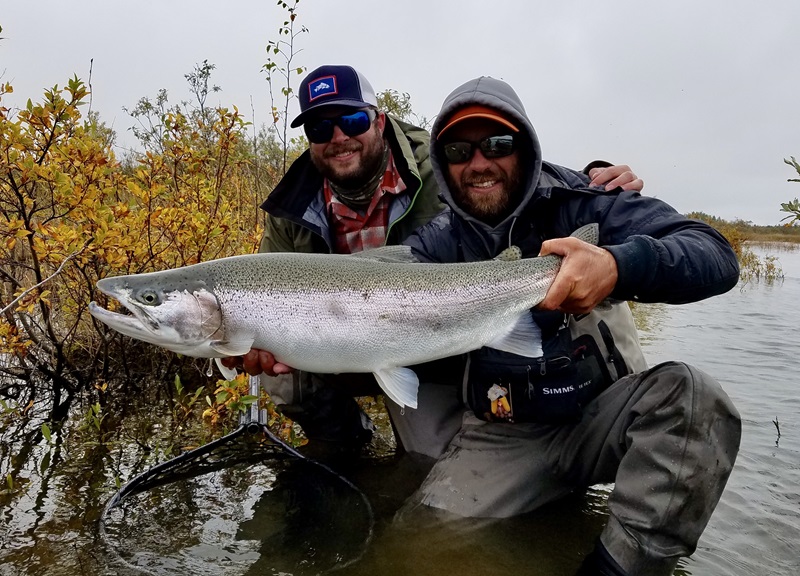
I have been fortunate to travel and fish in a lot of places in this country and in several others. But I still come back to the Chesapeake not only because my business is here, but because chasing the inshore species that call this place home is my passion. Giant striped bass, redfish, cobia, speckled trout, and other species make it nearly a year-round fishery.
Like everywhere the Bay has plenty of problems. The biggest conservation challenge we have here, in my opinion, is the division or separation within the user groups of our natural resources. I feel like this is common in many places. In the end everyone wants more fish in one way or another, but the separation of user groups makes fisheries issues very politically charged, and more often than not really difficult to get anything positive accomplished.
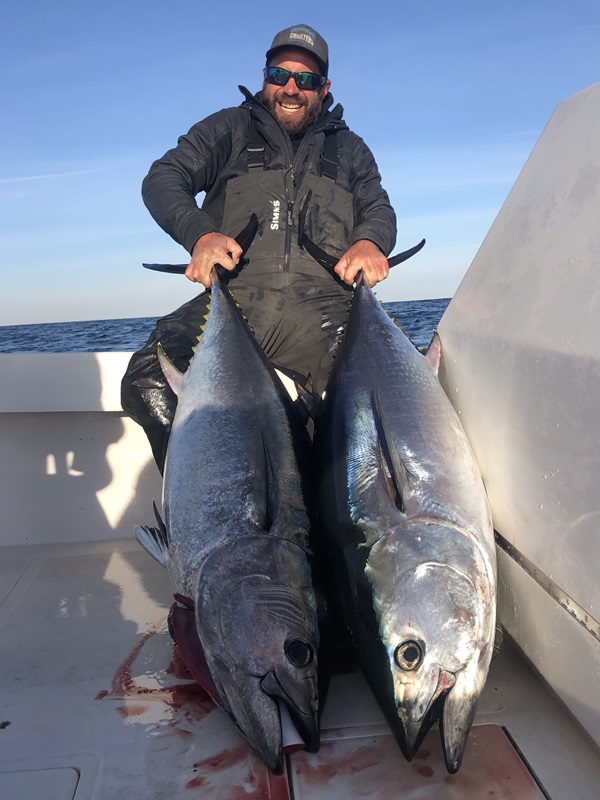
I watch the intense harvest of “bunker,” or Atlantic menhaden, most of the year in the lower portions of the Bay and near coastal waters. As far as the impact on sportfishing goes, when the bait is present it completely changes the landscape of fishing. Fish hold consistently in areas when bait like menhaden are abundant. Then as it diminishes fish move out of areas nearly instantly. Even the differences in fishing conditions from Virginia to Maryland portions of the Bay are incredibly different, even sometimes just a few miles apart.
Conservation directly impacts my entire life and everything in it. Without fish and the opportunity to catch them, I wouldn’t have my business – or more importantly, fuel to feed my lifelong passion. It’s important for myself and everyone to be involved in conservation because it’s our legacy as anglers. I really enjoy fishing, to say the least, and I want others to be able to have the same experiences that I have been able to have, or even better in the future.

“Everyone should have the future of our fisheries in mind.”
Just like generations before us, and the generations to come, everyone should have the future of our fisheries in mind. Fishermen are some of the greatest conservationists and supporters of wildlife, and hunters as well. This will no doubt be our saving grace as time marches on and people continue to want to enjoy the outdoors.
Photo credits: Tyler Nonn

